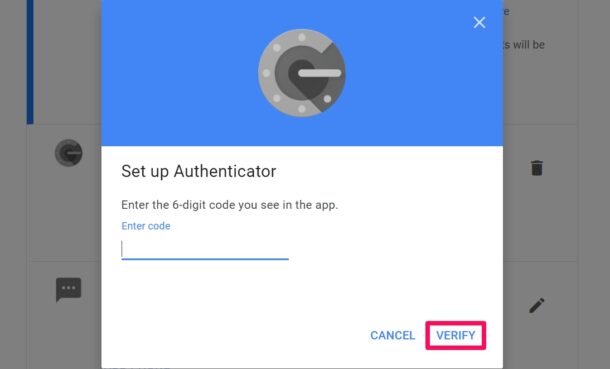



Only small amount of services offer backup codes (particularly Google). Two-factor authentication provides an additional layer of protection and by rooting you bring it to naught since different viruses could get an access to protected memory areas. But it isn't recommended to root your device if you don’t want to make it vulnerable. There are a lot of advice for rooted phones. Now I'm covered in the case of phone loss and can configure other devices if need be. I'm satisfied with this result as I didn't have to do anything more than reconfigure MFA (I had to do this anyway in my circumstances) and simply add all the tokens to lastpass. Thus, so long as you securely control the tokens, you can configure MFA on any device. I verified that you can setup clones of the authenticator using the same key on independent devices running simultaneously. Rather than going through the trouble of taking screen shots of the QR codes, labeling them appropriately and then GPG encrypting them and securely storing them somewhere I just store the tokens in an encrypted vault and setup my MFA manually. Every service I've used so far allows you to opt for the token-based setup rather than QR.
#Transfer google authenticator to new phone code
The simplest solution I came up with is to ignore the QR code based setup and just use the token based setup itself (it's the "manual" option in most authenticator apps). I realized that if I lost my phone or did the factory data reset I'd have been totally borked. I just went through this process after my Nexus 6P stopped connecting to data and I had to setup all my MFA again on a Pixel. As a preface this is an approach for configuring MFA ahead of time so that it is always backed up, not recovering or backing up existing codes.


 0 kommentar(er)
0 kommentar(er)
